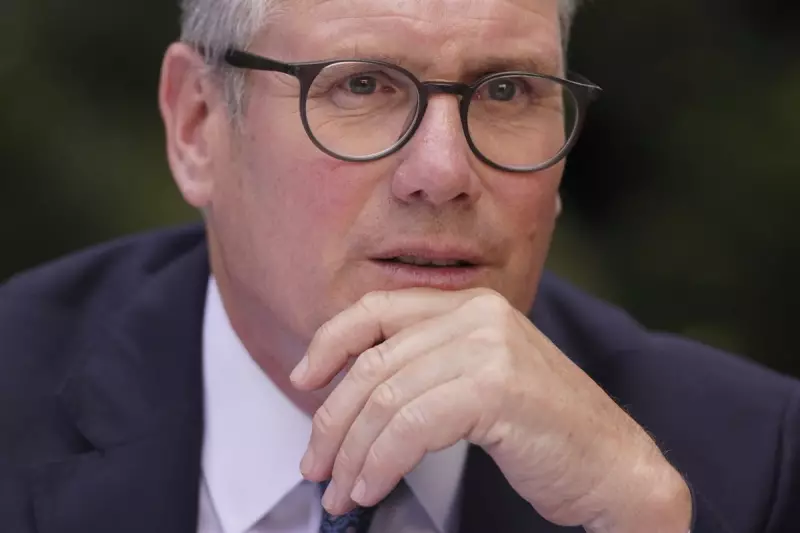
In a historic transition of power, Sir Keir Starmer has entered 10 Downing Street as the United Kingdom's new Prime Minister, immediately embarking on a mission to form his government and deliver on his party's promises to the nation.
Flanked by his family, the new Labour leader arrived at the iconic black door to cheers from supporters, marking a definitive end to 14 years of Conservative rule. His first order of business was a rapid series of key appointments to his top team, signalling his intent to hit the ground running.
A Cabinet for Change
Central to Starmer's new government is the appointment of Yvette Cooper as Home Secretary, a move that places a seasoned and respected figure at the helm of the Home Office. In another pivotal appointment, Angela Rayner assumes the role of Deputy Prime Minister and Levelling Up Secretary, tasked with addressing regional inequalities.
The Prime Minister's inner circle is rounded out by Rachel Reeves as Chancellor, the first woman to ever hold the position, and David Lammy as Foreign Secretary, taking charge of the UK's international relations at a critical time.
A Promise of National Renewal
Speaking from behind the famous lectern for the first time, PM Starmer struck a solemn but determined tone. He acknowledged the immense trust placed in him by the British public and the equally immense challenges that lie ahead.
'The work of change begins immediately,' he declared, emphasising that his government would focus on the core missions of economic stability, reforming the NHS, and launching a new border security command.
His address was less a victory speech and more a direct acknowledgement of the public's desire for competent, serious governance after years of political turmoil. He pledged a government that would be 'unyielding in its focus on the interests of working people'.
The Work Begins Now
The breakneck speed of the cabinet appointments underscores Starmer's methodology: discipline, preparation, and a clear-eyed focus on delivery. The new ministers are expected to be sworn in and begin their work without delay, as the government seeks to quickly implement its agenda.
With the pomp and ceremony of the handover complete, the enormous task of governing now begins. The eyes of the nation—and the world—are now fixed on Downing Street, waiting to see how the promises of the campaign will translate into the reality of governance.





